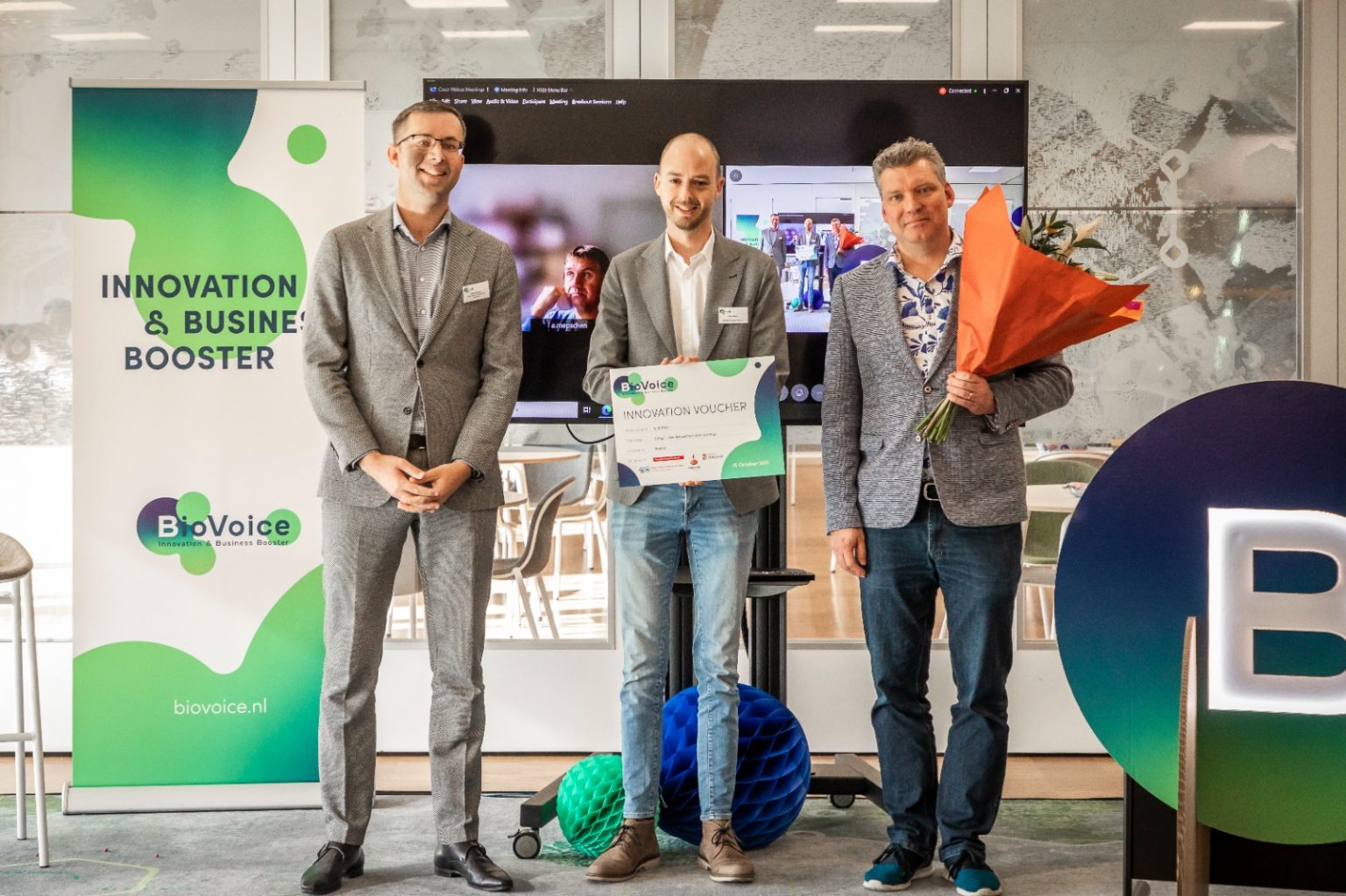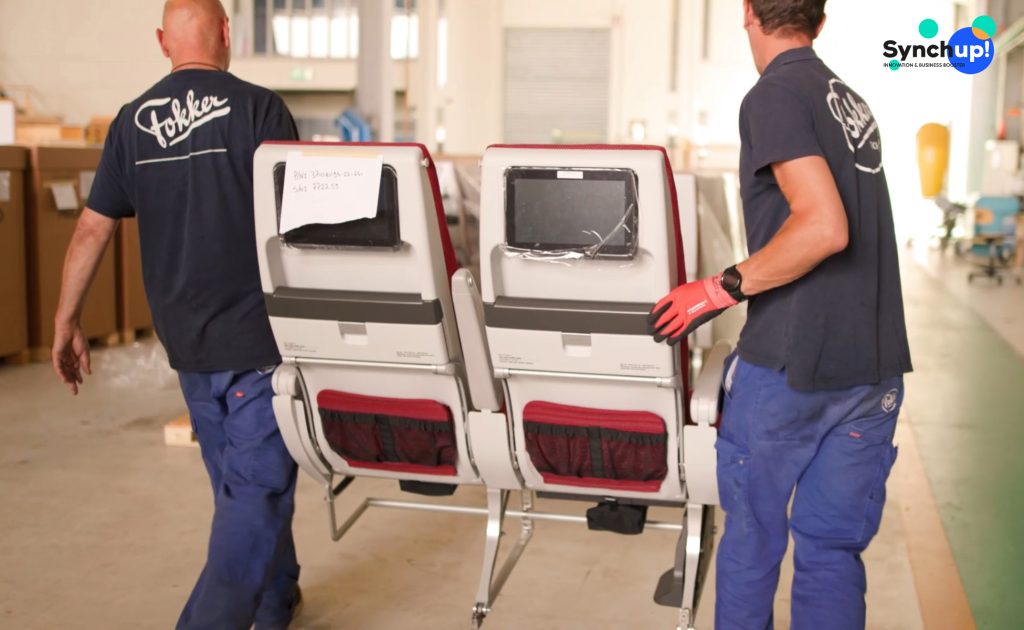Source: Agro&Chemie/Pierre Gielen
Coatings for fertiliser granules are under the microscope. They form a protective layer and thus prevent fertiliser from clumping together during storage and disintegrating on the land, dispersing or being washed out of the soil too quickly. However, they are usually made of paraffins from mineral oil and break down poorly in the soil. It is therefore expected that a European ban on these coatings is imminent. Is there a biobased alternative based on residual materials? That question was posed by Cargill from Bergen op Zoom in the current BioVoice challenge cycle.
INSTRAL from Lelystad in The Netherlands came up with an unexpected solution. “We turned the challenge Cargill Challenge: biodegradable fertiliser coatings around,” says R&D Manager Jacco Korver.
Jacco Korver. “There are bio-based coatings, but they don’t perform well enough yet. Moreover, a coating is mainly needed because the fertiliser granules have a poor basic quality. Cargill has wonderful raw materials with which we think we can make the fertiliser itself so much better that you don’t need a coating, or at least less of one. In this case, a biological coating might be sufficient.”
Stopgap measure
It would be a step forward, also for the fertiliser industry that has been looking for years for ways to improve their products. Korver: “They usually look for the solution in a technical or mechanical corner, such as making a drum spin slower, or allowing the granules to dry a little further. A coating is just a stopgap measure. Biobased additives are not used yet. That makes this research interesting for us as well, because it may open up a completely new market.
So far, the development is still in an early phase. “We have had a few successes in the lab, so we know it is feasible. But a lot depends on the implementation, the availability and the cost of the raw materials.” Moreover, the composition will differ per fertiliser type. “We also notice this with coatings: it is not a standard product.” Further research is needed
Allies
Thanks to their participation in the BioVoice challenge, INSTRAL and Cargill were able to conclude a contract for further cooperation and research during the next six months. Nils Janbroers, director of INSTRAL, is very positive about the cooperation with BioVoice. “It was proactive and hands-on. BioVoice also asked us to think along with them and support them in other projects, based on our markets and knowledge. It is very interesting and pleasant to have allies with whom you can brainstorm, help others and also be helped.”





